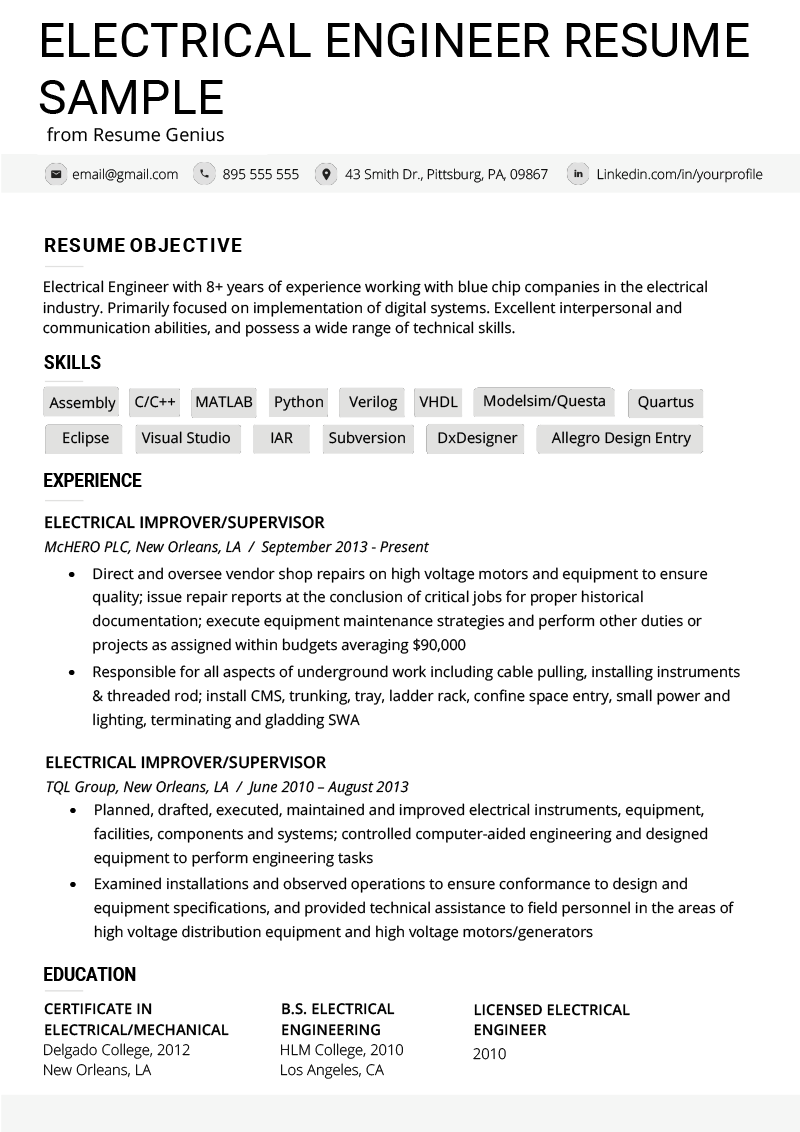In the intricate dance of astrology, synastry reveals the complexities of human relationships by comparing the natal charts of two individuals. One of the more enigmatic aspects of synastry is the Saturn conjunct Ascendant aspect. Often perceived as a serious bond, the implications of this alignment can be multifaceted. This article delves into the nuances of the Saturn conjunct Ascendant aspect in synastry, exploring not only its potential for creating a profound connection but also the restrictive energies that may arise.
To begin with, it is essential to grasp the fundamental meanings of both Saturn and the Ascendant. Saturn, often referred to as the taskmaster of the zodiac, embodies principles of discipline, responsibility, and structure. Its influence can be stern, imparting lessons that lead to growth through perseverance and commitment. On the other hand, the Ascendant, or rising sign, represents an individual’s outward persona and how they present themselves to the world. It often plays a critical role in first impressions and initial interactions.
When Saturn makes a conjunction to the Ascendant in synastry, it creates a dynamic that is both intense and potentially binding. This aspect typically signals a serious bond between two individuals. Saturn’s energy can impart a sense of responsibility and depth to the relationship. The person with Saturn in their chart often acts as a stabilizing force for the Ascendant individual, providing guidance and support that helps them navigate life’s challenges.
However, while there are positive elements in this aspect, the restrictive tendencies associated with Saturn cannot be overlooked. Those with Saturn conjunct their Ascendant may find themselves experiencing limitations or burdens that arise from this connection. The Saturn person may unconsciously impose their expectations onto the Ascendant individual. This can lead to feelings of being constrained or judged, creating a heavy atmosphere that may overshadow other aspects of the relationship.
A key point of interest is how this aspect affects the Ascendant individual’s self-image. Saturn’s influence might either reinforce their positive qualities or unearth insecurities. For instance, they may begin to adopt a more serious demeanor as they integrate the Saturnian attributes of discipline and responsibility into their lives. However, there can also be an unintended consequence: the Ascendant individual might struggle with feelings of inadequacy or self-doubt, stemming from the Saturn person’s critical tendencies.
Moreover, the conjunction can trigger profound emotional dynamics. The Ascendant person often finds themselves drawn to the Saturn individual’s steadiness and pragmatic approach to life. This gravitation can create a magnetic attraction. Yet, it may also pave the way for power struggles, as the Saturn individual, in their quest for control and order, inadvertently stifles the Ascendant’s natural exuberance and freedom of expression.
One particularly illuminating aspect of this synastry configuration is how it tends to influence long-term relationship goals. The Saturn individual may be keen on establishing a foundation built on tradition and security, urging the relationship towards commitments like marriage or cohabitation. In this sense, the Saturn conjunct Ascendant aspect can serve as a catalyst for serious partnerships, compelling both parties to confront their fears regarding vulnerability and intimacy.
Yet, one must also pay heed to the shadows lurking beneath this aspect. If either party feels overwhelmed by the responsibilities associated with Saturn, they might perceive the relationship as a burden rather than a partnership. In such cases, communication becomes paramount. The Ascendant individual must feel free to express their need for autonomy and levity, while the Saturn individual must strive to curtail any harsh judgment or overbearing control.
Furthermore, Saturn’s transit can also serve as a teacher, presenting relationship lessons that encourage growth. Each individual may come to understand their roles within the bond more thoroughly. The Saturn person learns patience and empathy, whereas the Ascendant individual uncovers their resilience and ability to set boundaries.
In navigating the complexities of a relationship defined by Saturn conjunct Ascendant, the eternal dance between commitment and freedom unfolds. There may arise a palpable tension as the Ascendant individual seeks to honor their identity and desires, whilst simultaneously grappling with the Saturn individual’s inherent need for structure. It may also be significant to consider other aspects in each person’s natal charts, which can greatly modulate the purity of this conjunction.
As this relationship evolves, the individuals may discover that genuine connection can thrive even in the shadow of Saturn’s formidable presence. Embracing the challenges posed by this conjunction, both parties can create a partnership that values both discipline and personal freedom. Ultimately, the Saturn conjunct Ascendant synastry aspect may represent a dual-edged sword, offering the potential for deep, transformative connections while also demanding robust communication and emotional intelligence.
In conclusion, the Saturn conjunct Ascendant aspect in synastry encapsulates the paradoxical nature of close relationships. This aspect invites partners to confront their innermost selves, serving both as a source of strength and a test of will. By navigating the dualities inherent in this alignment, partners can forge a bond that, while serious and demanding, also possesses the potential for profound depths of love and commitment.






